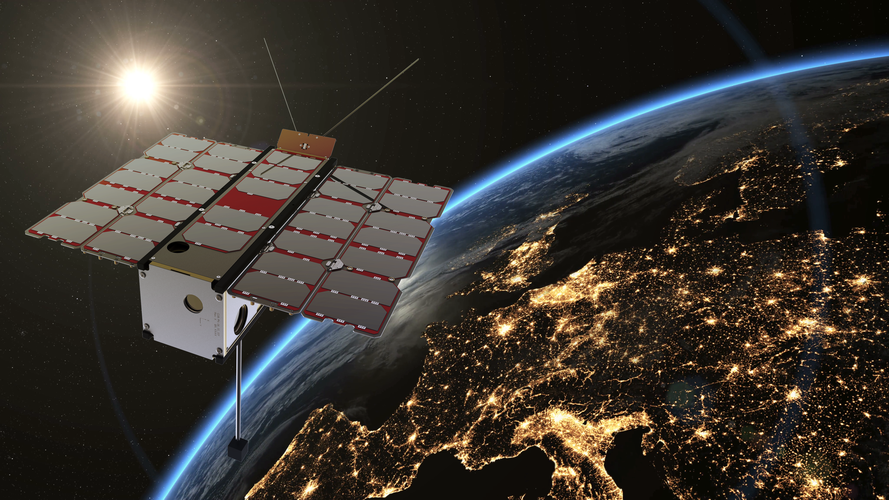
Magnetic chips made ready for space
Magnetoresistive chips are small, solid state, circuits that are mass produced for terrestrial markets, whose electrical resistance depends on the local magnetic field. They are commonplace inside smartphones for instance, used to identify magnetic north to help the phone to fix its orientation, and within the heads of hard drives, from where they read magnetically-etched computer memory.
Dr Eastwood adds: “The classical ‘fluxgate’ magnetometer instruments we manufacture for large-scale ESA missions are rings of magnetically sensitive material wrapped in wire, analog in nature, but capable of exquisite magnetic measurements. However these magnetometers have set minimum size, mass and power levels, and the electronics box that controls them is almost as big as the entire RadCube nanosatellite.
“The MAGIC sensor by contrast is based on magnetoresistive chips we simply bought over the counter, and then boosted their performance for space. What we did was screen the samples to make sure we selected the very best chips for the sensor, while also designing bespoke control electronics to maximise their operating performance. The result is a miniature, low cost sensor that can be flown on many different platforms, such as a small satellite constellation monitoring space weather, or mini-landers onto planets or asteroids.



